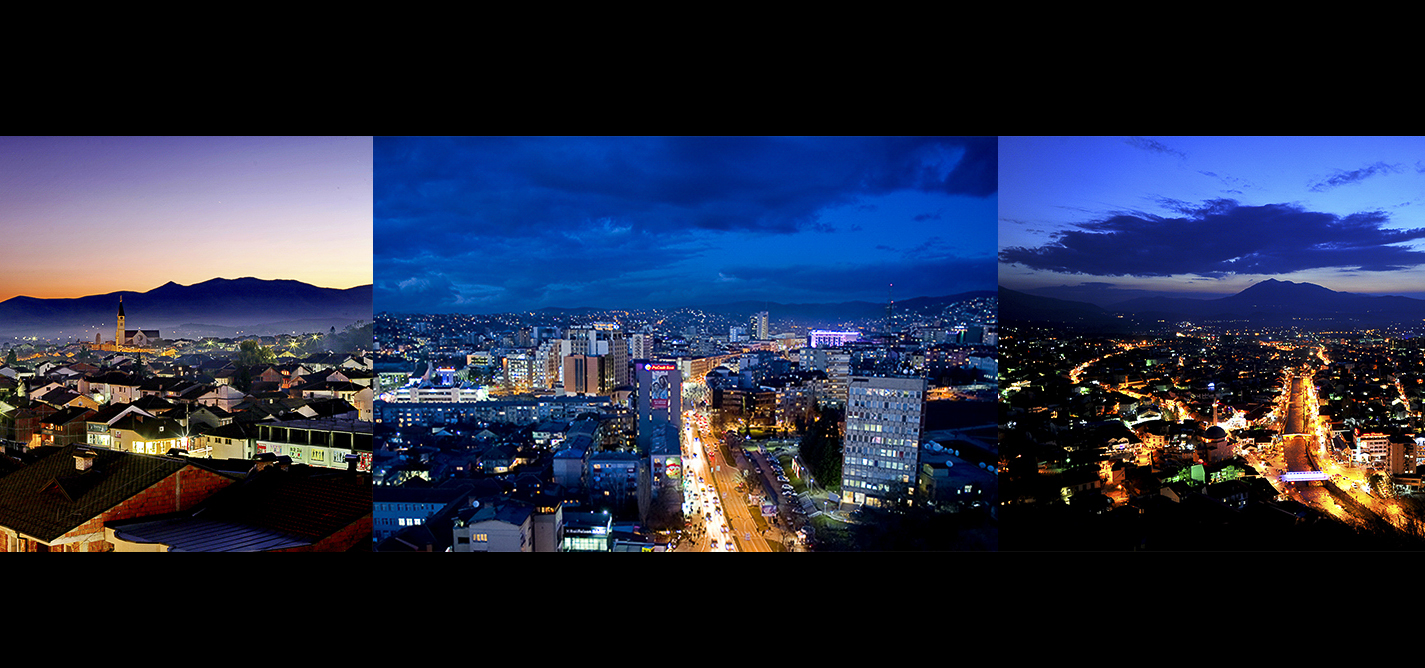
Do mayors keep their promises?
What has or hasn’t been done in the last four years in the bigger municipalities?
|17.10.2017
|

Bekim Salihu
Bekim Salihu is a policy analyst at GAP Institute and manages the local governance project. He completed his masters in International Politics at the University of Prishtina “Hasan Prishtina.”
This story was originally written in English.